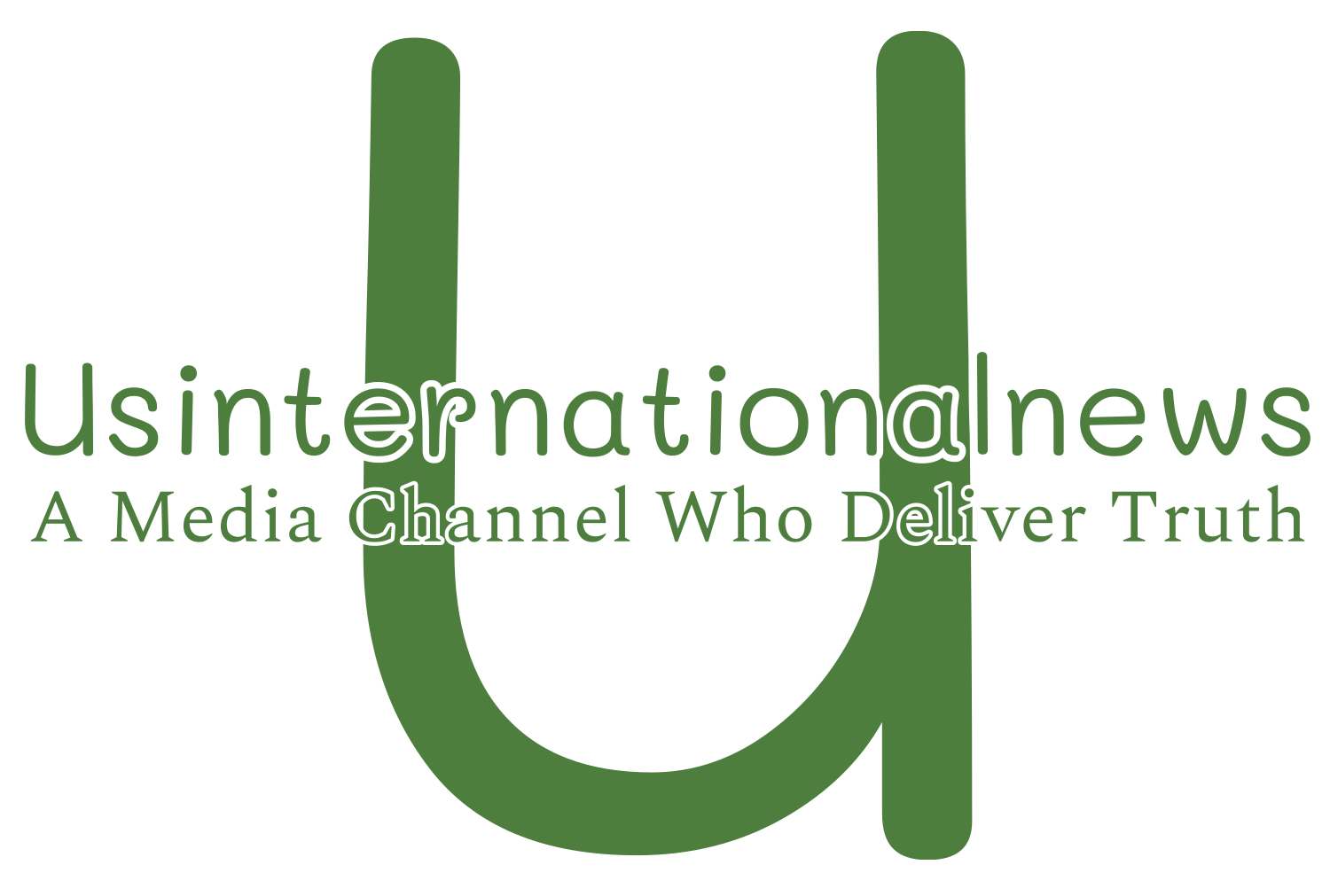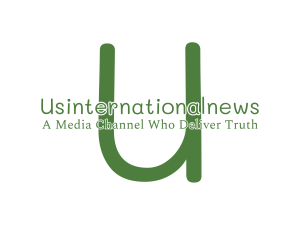While Raisi, Erdogan, and Kakar are scheduled to attend a regional economic forum in Uzbekistan, Putin is in Kazakhstan.
Leaders from Turkey, Iran, Pakistan, and Russia are visiting Central Asia as international forces want to increase their sway over the historically Russian-dominated region.
On Thursday morning, Russian President Vladimir Putin arrived in Astana, Kazakhstan, for a meeting with his partner Kassym-Jomart Tokayev.
In an effort to “accelerate” economic collaboration, French President Emmanuel Macron visited the region just one week before to this trip.
For a regional economic forum on Thursday, Pakistani Prime Minister Anwaar ul Haq Kakar, Iranian President Ebrahim Raisi, and Turkish Leader Recep Tayyip Erdogan are in Uzbekistan.
The flurry of activity demonstrates how, as Russia’s influence in the area weakens, the former Soviet states are becoming more receptive to new alliances.
Nevertheless, prior to their scheduled meeting in Astana, Putin and Tokayev complimented the friendship between their two nations.
Putin declared, “Our strategic partnership is truly forward-looking.”
An “alliance with a rich past and a bright future” was praised by Tokayev.
Although Russia is engaged in a brutal, 20-month conflict with Ukraine, Kazakhstan and other Central Asian countries are considering forming alliances with other global powers, over 30 years after the fall of the Soviet Union.
Joking around with power
Thanks to the Belt and Road Initiative, a massive infrastructure development project spanning 150 nations, China has emerged as a major actor in the area.
Turkey, Iran, the United States, and the European Union are also vying for influence in Central Asia.
The prime ministers of Pakistan, Iran, and Turkey will be present at the regional Economic Cooperation Organization conference in Tashkent on Thursday, together with leaders of Central Asia.
Although the month-long confrontation between Israel and the Palestinian organization Hamas continues, Uzbekistan stated that the Gaza situation will not be discussed during the summit.
Over 1,400 people were murdered in a surprise strike carried out by Hamas on October 7, the majority of them were civilians, according to Israeli officials.
More than 10,500 people have died in Israel’s unrelenting shelling and ground invasion of the Gaza Strip, with over a third of those murdered being children, in response to Israel’s aim to eliminate Hamas, according to Gaza’s health officials.
Tehran, which supports Hamas, stated to its state-run outlet IRNA that it did wish to talk about the violence.
Erdogan, who has been a harsh critic of Israel and just pulled back his envoy, will probably bring up the subject, though.
enhancing commerce
The majority of the summit’s discussions are anticipated to center on commerce, humanitarian cooperation, and transportation.
Landlocked Central Asian nations are attempting to reach the sea, maybe through Pakistan.
Despite pressure from the area, Russia is still an important ally.
Moscow increased its energy sector investments after being shut out of the majority of the European market due to sanctions brought on by the invasion of Ukraine.
Huge energy initiatives have been started by it, such as the beginning of gas deliveries to Uzbekistan via Kazakhstan.
Additionally, the construction of hydropower dams and nuclear power facilities in several nations is being discussed.
SOURCE:ALJAZEERA








